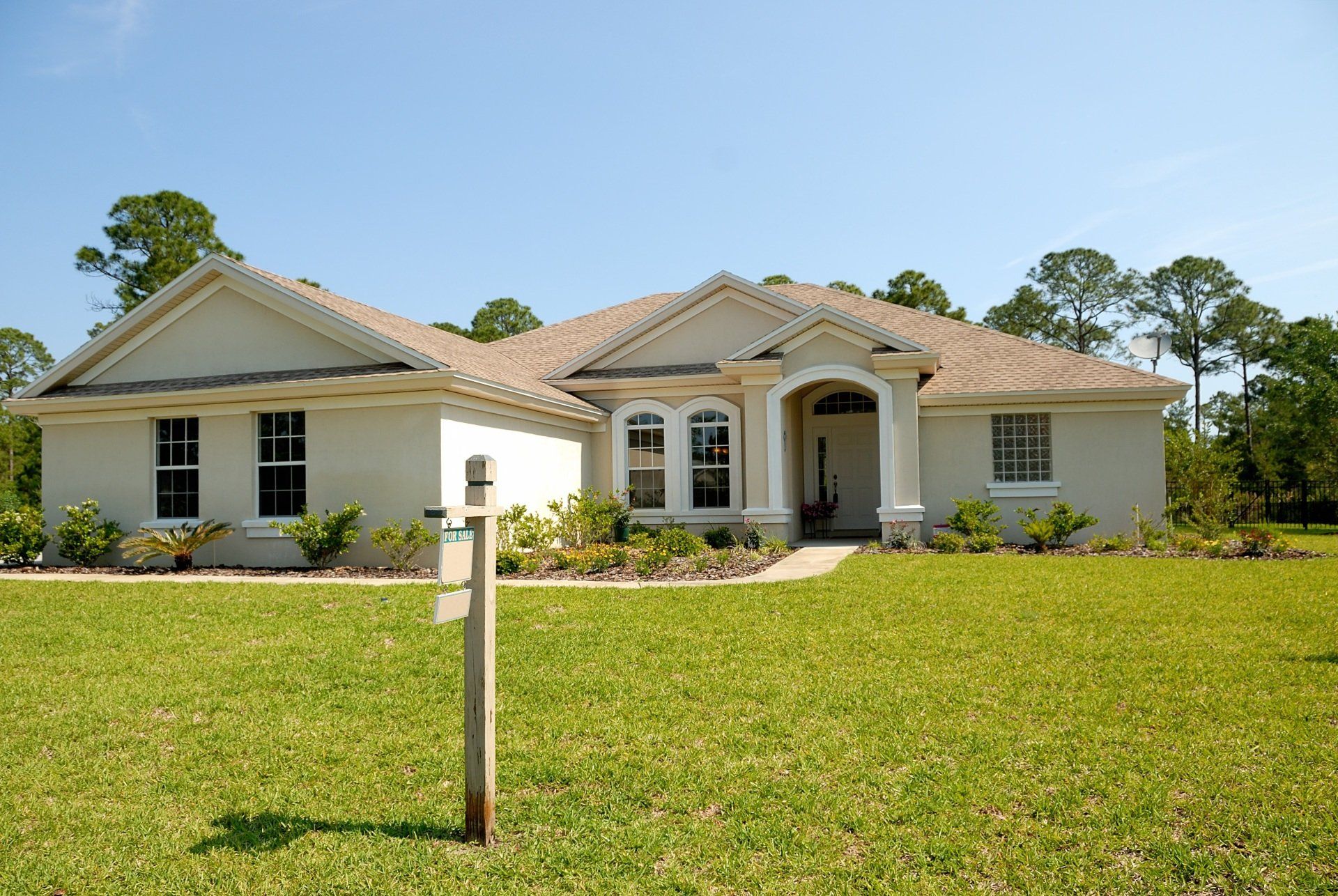What Affects The Cost Of My Rental Property Insurance?
As we all know, positive cash flow is the key to a great rental. Landlords have many expenses to consider when looking to see if the rent will cover them and provide you with a profit. One of those cost to consider is insurance. So, what affects the rates?
Below are the 5 biggest factors that insurance companies consider when rating a policy:
- Loss History
- Do you, the landlord, have an extensive history of past claims on your personal and/or investment homes? If so, rates could be higher, or you may just be ineligible with many carriers. Not having all carriers available to be quoted will end up hurting your rates in the long run as you will have less options in finding the best rate
- Does the actual property you are purchasing have a history of past claims? For example, if a specific property has several recent water claims, an insurance carrier may not want to cover the property as there could be an underlying problem with the home that hasn’t been corrected, potentially leading to new claims in the future
- Age of the Roof
- The number one claim in South Carolina is wind and hail damage (primarily to a residence’s roof). Due to this, many carriers will provide you with a much more competitive rate if the roof has been recently replaced.
- Owners Credit
- Most major insurance carriers will actually determine a rate off of the owner’s credit score. So, if you have a high credit score, your insurance rates will typically be more favorable than another individual with a lower score, even if all other factors are the same.
- Number of Units
- Rates will be determined by the risks’ occupancy. A rate for a single family, duplex and quadraplex will all be different. The more units/tenants and higher the risk of a liability or property claim.
- Location
- Where your property is located greatly determines the insurance rate. For example, if your property is in a flood zone, your mortgage company will typically require you to carry an additional flood insurance policy, as well as your standard rental insurance policy. Also, if your property is located closer to the coast, rates will be higher as there is a greater risk for hurricane related losses
On the positive side, all carriers rate differently for each of the above factors. Checking multiple carriers to determine what fits your situation best is important to giving you, the investor, the best coverage and value for positive cash flow. If you have questions about your rates, reach out to a member of Advisors Insurance Agency in Greenville, SC today!

This Article was Written by Andrew Harmon, Personal & Small Business Insurance Advisor at
Advisors Insurance Agency
CONNECT WITH
ADVISORS INSURANCE TODAY!
Get in Touch
864-509-0009
INSURANCE SERVICES:
HOW TO:
CONNECT WITH US:
Newsletter
Thank you for subscribing to the Advisors Insurance Agency Newsletter!
Please try again later.
Monday-Friday | 9am-5pm
6 Parkway Commons Way,
Greer, SC 29650
© 2024 All Rights Reserved | Advisors Insurance Agency








